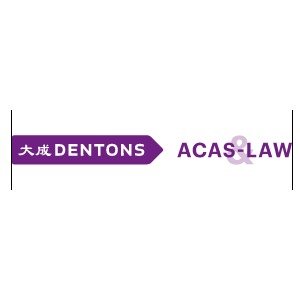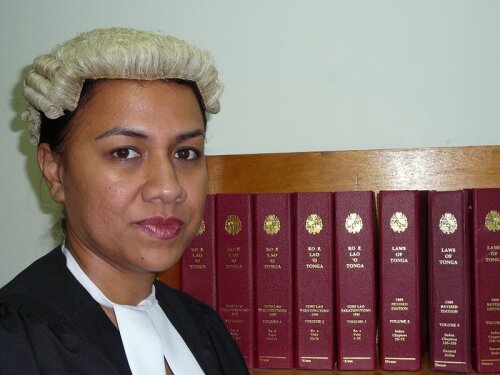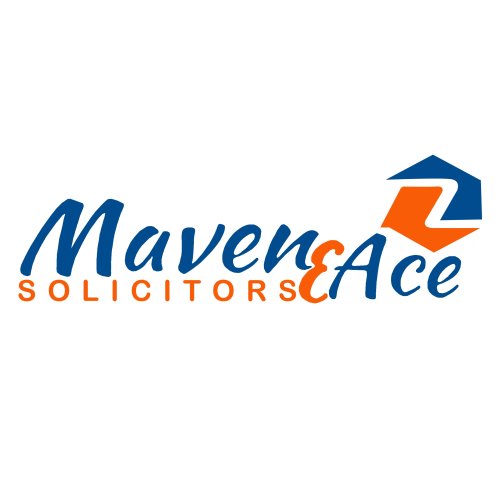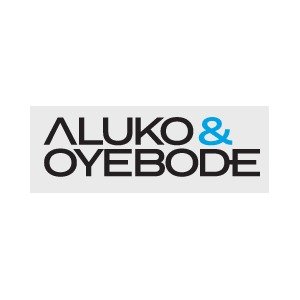Best Fintech Lawyers in Port Harcourt
Share your needs with us, get contacted by law firms.
Free. Takes 2 min.
List of the best lawyers in Port Harcourt, Nigeria
About Fintech Law in Port Harcourt, Nigeria
Fintech, short for financial technology, is an emerging sector in Port Harcourt, Nigeria. It encompasses any technological innovation in financial services, including but not limited to digital banking, mobile payments, cryptocurrency, and online lending. Fintech has the potential to transform the way people access financial services and manage their finances.
Why You May Need a Lawyer
As Fintech continues to grow, individuals and businesses may encounter legal challenges and complexities. Seeking legal advice from a qualified lawyer specializing in Fintech can help you navigate regulatory compliance, intellectual property protection, contract drafting and negotiation, dispute resolution, and other legal matters specific to the industry.
Local Laws Overview
Understanding the local laws relevant to Fintech in Port Harcourt, Nigeria is crucial. Some key aspects include:
- The Central Bank of Nigeria (CBN) serves as the primary regulatory authority for Fintech activities in the country.
- Fintech businesses may need to obtain relevant licenses or registrations to operate legally.
- Data protection and cybersecurity regulations must be adhered to, ensuring the confidentiality and security of user information.
- Compliance with anti-money laundering (AML) and know-your-customer (KYC) regulations is essential to prevent financial crimes.
Frequently Asked Questions
Q: Can I start a Fintech company in Port Harcourt, Nigeria without a license?
A: No, it is generally required to obtain the necessary licenses or registrations from the regulatory authorities, such as CBN, to operate a Fintech company legally.
Q: What are the potential legal risks associated with Fintech in Port Harcourt, Nigeria?
A: Legal risks may include non-compliance with regulatory requirements, data breaches, intellectual property infringement, contract disputes, and potential liability in case of financial losses due to technology failures or inadequate risk management.
Q: How can I protect my intellectual property in Fintech?
A: To protect your intellectual property, it is advisable to consult with an intellectual property lawyer who can guide you through the process of patenting, trademarking, or copyrighting your innovative Fintech solutions.
Q: What laws and regulations apply to cryptocurrency businesses?
A: Cryptocurrency businesses in Nigeria are subject to the regulations set forth by the Securities and Exchange Commission (SEC) and may also be affected by guidelines issued by the CBN and other regulatory bodies.
Q: What are the legal considerations for Fintech companies engaging in cross-border transactions?
A: Fintech companies involved in cross-border transactions must comply with relevant international laws and regulations, including foreign exchange controls, tax rules, and data protection laws in the respective jurisdictions.
Additional Resources
- The Central Bank of Nigeria (CBN) - https://www.cbn.gov.ng/
- Securities and Exchange Commission (SEC) - https://sec.gov.ng/
- Nigeria Deposit Insurance Corporation (NDIC) - https://www.ndic.gov.ng/
Next Steps
If you require legal assistance in the field of Fintech in Port Harcourt, Nigeria, it is recommended to consult with a qualified lawyer specializing in Fintech law. They will be able to provide personalized advice based on your specific circumstances and ensure compliance with applicable laws and regulations.
Lawzana helps you find the best lawyers and law firms in Port Harcourt through a curated and pre-screened list of qualified legal professionals. Our platform offers rankings and detailed profiles of attorneys and law firms, allowing you to compare based on practice areas, including Fintech, experience, and client feedback.
Each profile includes a description of the firm's areas of practice, client reviews, team members and partners, year of establishment, spoken languages, office locations, contact information, social media presence, and any published articles or resources. Most firms on our platform speak English and are experienced in both local and international legal matters.
Get a quote from top-rated law firms in Port Harcourt, Nigeria — quickly, securely, and without unnecessary hassle.
Disclaimer:
The information provided on this page is for general informational purposes only and does not constitute legal advice. While we strive to ensure the accuracy and relevance of the content, legal information may change over time, and interpretations of the law can vary. You should always consult with a qualified legal professional for advice specific to your situation.
We disclaim all liability for actions taken or not taken based on the content of this page. If you believe any information is incorrect or outdated, please contact us, and we will review and update it where appropriate.
















